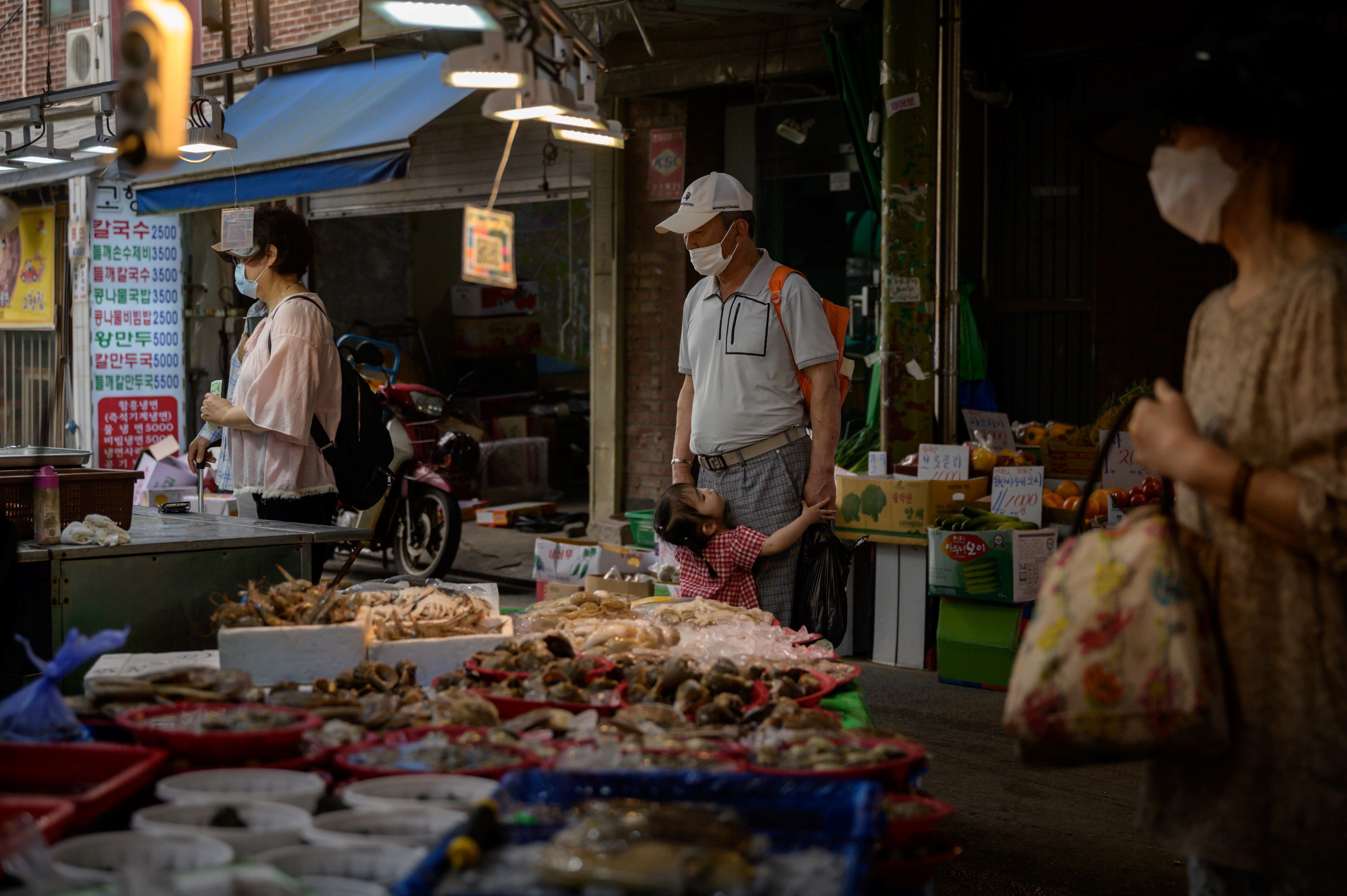(ATF) Financial markets retreated on Wednesday after investors took chips off the table ahead of the key US Federal Reserve meeting and as a dire report by the OECD weighed on the mood.
The OECD warned that the global economy will contract at least 6% this year, and in the case of a second wave of contagion later in the year economic output could shrink by as much as 7.6%.
“All countries are projected to experience a deep recession in 2020 followed by a slow and gradual recovery in 2021 in both scenarios,” the OECD report said.
“However, any subsequent recovery is likely to prove slow and gradual even if, as assumed, the progressive relaxation of containment measures results in an initial improvement in the level of economy-wide output and renewed outbreaks of the virus do not occur.”
It said many services firms will operate well below full capacity for an extended period, and some companies are likely to become insolvent, raising the risks of a further round of job declines, income losses and impaired assets on bank balance sheets at a time when emergency government schemes are currently due to have come to an end.
Investor sentiment also received a hit after deflationary pressure at Asia’s two biggest economies intensified, data published on Wednesday showed, an indication of the challenges facing the regional economies as they reopen.
China’s producer price index (PPI) in May fell 3.7% from a year earlier, according to the National Bureau of Statistics (NBS) and Japan’s wholesale prices plunge 2.7% from a year ago. Both contractions were deeper than 3.1% and 2.4% recorded by the two countries respectively in April.
China’s headline CPI inflation fell to a weaker-than-expected 2.4% from a year ago in May outlook from 3.3% in April and lower than the consensus of 2.7%.
Australia’s S&P/ASX inched up 0.05 off the morning highs, the Nikkei 225 added 0.15% but China’s CSI 300 fell 0.18% and Hong Kong’s Hang Seng benchmark eased 0.03%.
South Korea’s Kospi index advanced 0.31% even after South Korea’s unemployment rate rose from 3.8% to 4.5% in May.
“There’s nothing here for the Bank of Korea or the Korean government to get worked up about and respond with policy changes. The recovery is underway – it may not be fast, but the direction is acceptable,” said ING Bank’s Robert Carnell, Regional Head of Research, Asia-Pacific.
Asian credit markets remained steady to slightly wider but the primary issuance pipeline is flowing with Powerlong Real Estate , Radiance Capital , and Zhengzhou Airport in the market with dollar bond offerings. The Asia IG index was 3 basis points wider at 85/86 and sovereign CDS have also moved out by 2-5 bps.
Also on Asia Times Financial:
China price slump gives PBoC policy room
Cathay recap brings little cheer as gloomy outlook weighs
OECD sees 6% contraction in global economy
Index inclusion, RRR cuts help absorb China’s mammoth bond supply
Foreign Exchange:
China factory prices deeper into deflation, yuan rising
Asia Stocks:
· Japan’s Nikkei 225 added 0.15%
· Korea’s Kospi index added 0.31%
· Australia’s S&P ASX 200 edged up 0.05%
· Hong Kong’s Hang Seng index eased 0.03%
· China’s CSI300 fell 0.18%
· The MSCI Asia Pacific index advanced 0.12%.
Stock of the Day:
Cathay Pacific surged as much as 18.7% following the announcement of a $5 billion bailout as the airline grappled with a HK$2.5-3 billion-a-month cash burn. But after the initial euphoria the reality of the gloomy prospects and earnings dilution set in, bringing the stock down. It ended the day 1% lower.
























